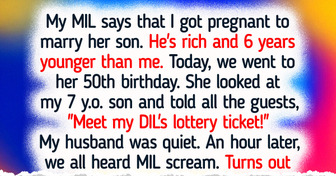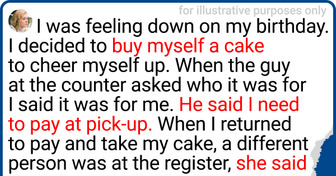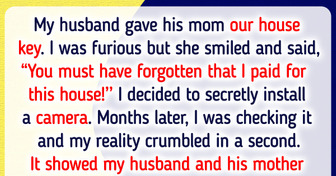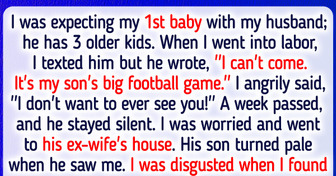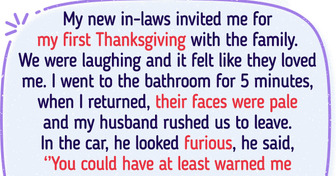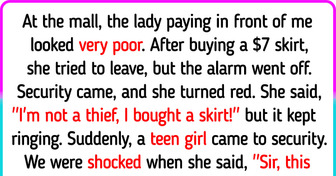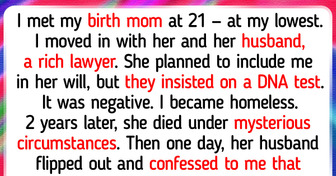10 Real Stories That Feel Like a Tightrope Walk

Have you ever noticed you sometimes make choices you can hardly explain? Well, psychology did all the work for you. But before we jump into the world of mind traps, how about a short, one-question quiz?
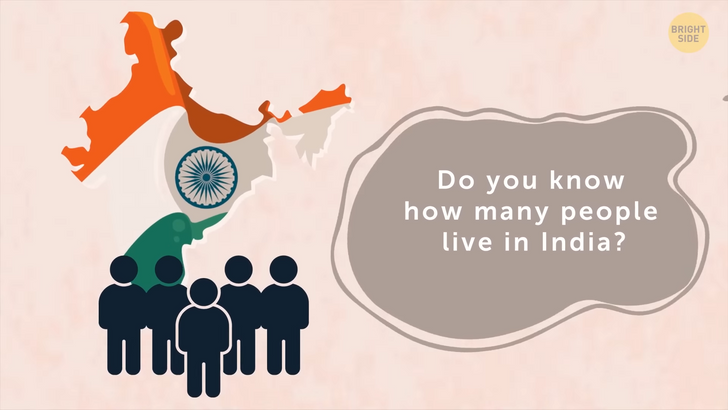
Do you know how many people live in India? If not, feel free to take an educated guess. You probably know it’s not the record-breaker, but it takes second place, so it must be a lot. Probably more than a billion people, but definitely less than 8 billion. So, let’s say 2 billion. You were close to the correct answer [1.417 billion], and it’s a good example of the anchoring effect in action. You took some familiar data, used it as anchors, and based your conclusion around them. In this case, the anchoring effect helped you out, but it can also be the bad guy.
Let’s say you’re thinking of buying a new suitcase. You see one for $400 in the shop window — that’s too much. But then you walk inside and find the super sale corner. There, the suitcase costs $100, and the offer is, of course, time-limited. You get excited because you now use the first suitcase as your mental anchor and buy the on-sale item without much thinking. You didn’t plan to make the purchase today, and you only bought that very suitcase because it was cheaper. That’s the kind of anchoring marketing experts use to sell you things you don’t really need.

Do you also have that one friend who’s a fan of personality tests? They claim that those descriptions he gets at the end sound so strikingly true and just like them, right? The same goes for horoscopes. How did they know that they were going to have so many amazing moments in February? Well, you gotta thank the Barnum effect for that amazing accuracy. Your brain fills in the gaps in vague and general statements that could be true for anyone to make you link them with your life. And because we all prefer to hear nice things about ourselves, we believe the positive statements with greater ease. As for the negative ones, your brain usually treats them skeptically, that’s why they mostly write something nice in the result section of those tests.
The halo effect is another popular mind trap. To see how it works, meet Jane, an HR specialist. Jane has two candidates for the position of manager. Susan is a Harvard graduate with an extraordinarily high IQ. She is ambitious and diligent, has zero work experience, and finds it hard to control her emotions. The second candidate is Sara. She sometimes loses her temper, doesn’t have any work experience, and is diligent and ambitious. Her IQ is extra high, and she graduated from Harvard. So, let me guess, do you think Jane chose Susan? She also won me over at Harvard. But in fact, the two candidates have exactly the same characteristics, just the order of listing was different. The halo effect makes us single out the first piece of information we get and base our judgment on it. That’s why we often jump to wrong conclusions based on some qualities we attribute to a person without even knowing them. Harvard graduate? Must be an ideal fit — the rest doesn’t really matter. If you want your vision of the world to be more objective, don’t let your brain take such mental shortcuts and try to move beyond first impressions.
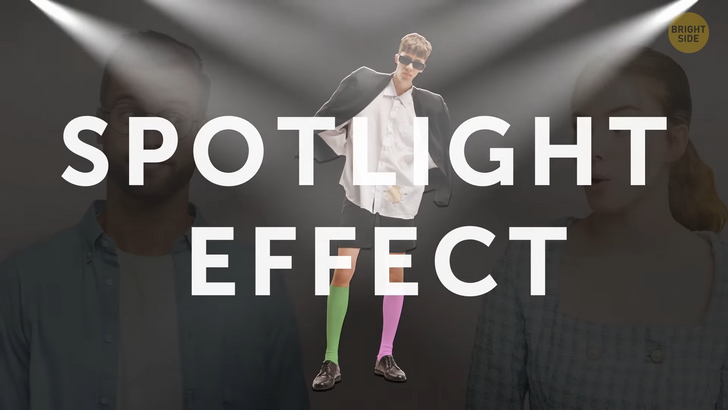
Remember the last time you had a bad hair day, spilled coffee on a white shirt, or wore mismatched socks by accident, and everyone was staring at you? In fact, they weren’t, but the spotlight effect made you feel like that. When you’re focused on something, your brain makes you believe everyone else is focused on that, as well. You’re naturally the center of your own universe, and you see the world through your experiences and perspective. The good news is that others do the same, so you don’t have to worry about that stain or your weird sock choices.
You just bought a new hair dryer that all celebrities have, and the whole Internet praises it non-stop. It was super expensive but definitely worth it, right? You start reading online reviews, you test the gadget, you even do the math to figure out how much money you saved — now you don’t need a hair stylist anymore. Yay: it looks like you did make the right decision after all. No matter if it’s buying a hair dryer or dropping out of college, admit one thing: you don’t like to be wrong. It’s in human nature to look for confirmation that you’re doing the right thing or believe your opinion is the only right one. You gotta thank confirmation bias for it. It makes you look for and find evidence that you’re on the right path, even when some signs point to no. So even if you do find some negative reviews on the hair dryer here and there, your brain just helps you successfully ignore them. You prefer to feel like you always know exactly what to do, so you give more weight to evidence supporting your choices.

Imagine your favorite team loses one, two, three, four... five games in a row. It happened so many times that you’re sure they just have to win the 6th game. And then, you toss a coin, and it lands on tails three times in a row, so you feel like it has to land on heads next. Congrats, you’ve just been subject to the Monte Carlo fallacy. It’s a mistaken belief that past events influence the future, so you can predict the outcome of any game or bet. This mind trap got its name after one memorable evening in Monte Carlo. The black color came up 29 times on the roulette wheel. A lot of people lost lump sums of money because they were sure it would be impossible for the wheel to bring up the color black more than ten times in a row, and they placed whole fortunes on the color red. That’s great proof that you can’t always build logical connections between events to predict the future.
Mark is planning a summer vacation, and he finds a beautiful package deal for $2,000 for 7 days. Hmmmm... it’s a bit too much. But then he keeps scrolling, and he sees other offers which start from $5,000. Looks like the first one wasn’t such a bad deal after all. The price of the tour package hasn’t changed by a cent, but Mark is now ready to pay that price. Well, looks like the contrast effect has just tricked him into making an expensive purchase. It’s successfully used in sales and also affects your everyday life. You’d probably feel like you’re worse at Math than you really are if you’re placed in a class full of students who excel at it. A medium-priced car will look cheaper standing next to a luxurious vehicle. The contrast effect works in so many ways and situations that scientists still don’t have one explanation for how it works.

Imagine you’re planning to spend a while in a foreign country, and you’re choosing the best plan for your cell phone. The first option costs $20 and has 1GB of Internet per month — not enough to cover your needs, but the price is good. The second plan includes 5GB and costs $40 — it seems like a lot. But then you discover that you can pay $50 and get 8GB of data. You don’t really need that much, but because the difference between the second and the third plans is so little, you choose the 8GB option. Well, without knowing, you just fell in the decoy effect trap. When you find it hard to choose between two options, adding the third one, or rather, a decoy, can push you towards one of the choices. The decoy makes one of the options look much better, and marketing pros gladly use this trap to motivate you to spend and consume more than you really need.

